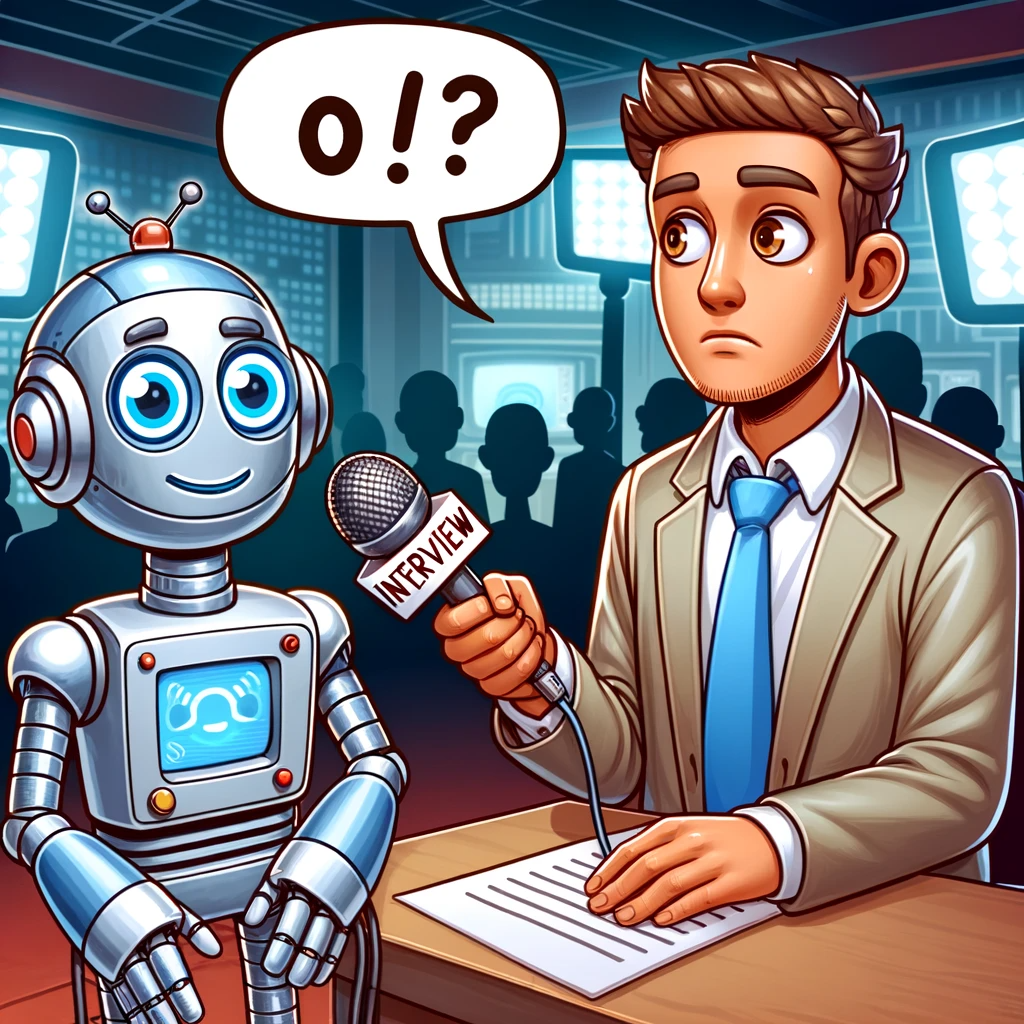In recent years, Artificial Intelligence (AI) has evolved from a futuristic concept into a practical tool that is transforming industries. While concerns about AI replacing jobs are valid, there's another side to this technological coin – AI's potential to create new jobs and opportunities. This blog explores how AI is not just an agent of change but also a catalyst for job creation.
The AI Revolution: Beyond Automation AI's impact is often equated with automation and job displacement. However, it's important to see AI as a tool that complements human abilities rather than replacing them. For instance, AI in healthcare doesn't just automate tasks; it aids doctors in diagnosis and treatment, potentially leading to new roles in medical data analysis and patient care technology.
Emerging Roles in the AI Era As AI systems become more prevalent, the need for AI trainers, supervisors, and maintainers becomes critical. These roles encompass training AI systems to understand human languages, emotions, and subtleties, ensuring their effective functioning in diverse environments. Moreover, the demand for AI ethicists and policy makers is rising, focusing on the responsible use of AI.
Education and Reskilling: The Key to Embracing AI To leverage AI's job-creation potential, investment in education and reskilling is vital. Educational institutions and businesses are increasingly offering courses in AI, machine learning, and data analysis. Reskilling initiatives help current employees adapt to AI-driven changes, enabling them to move into more strategic and creative positions.
AI Entrepreneurship: Unleashing Creativity AI opens new avenues for entrepreneurs and businesses. From AI-driven marketing tools to smart supply chain solutions, the opportunities for innovative AI applications are vast. This entrepreneurial wave is likely to create a diverse range of jobs, from technical roles like AI developers to creative positions in AI-driven content creation.
The Ripple Effect: Indirect Job Creation AI's influence extends beyond direct job creation. By improving efficiency and productivity in one sector, AI can enable growth and job creation in other sectors. For example, AI in manufacturing can reduce costs and increase production capacity, leading to more jobs in logistics, sales, and marketing.
Conclusion: The narrative around AI and employment is complex and multifaceted. While AI does pose challenges in terms of job displacement, it also holds immense potential for job creation. By embracing AI, reskilling the workforce, and fostering AI literacy, society can unlock a future brimming with new opportunities and roles that we have yet to imagine. The AI revolution is not just about the technology; it's about the human potential it unlocks.
